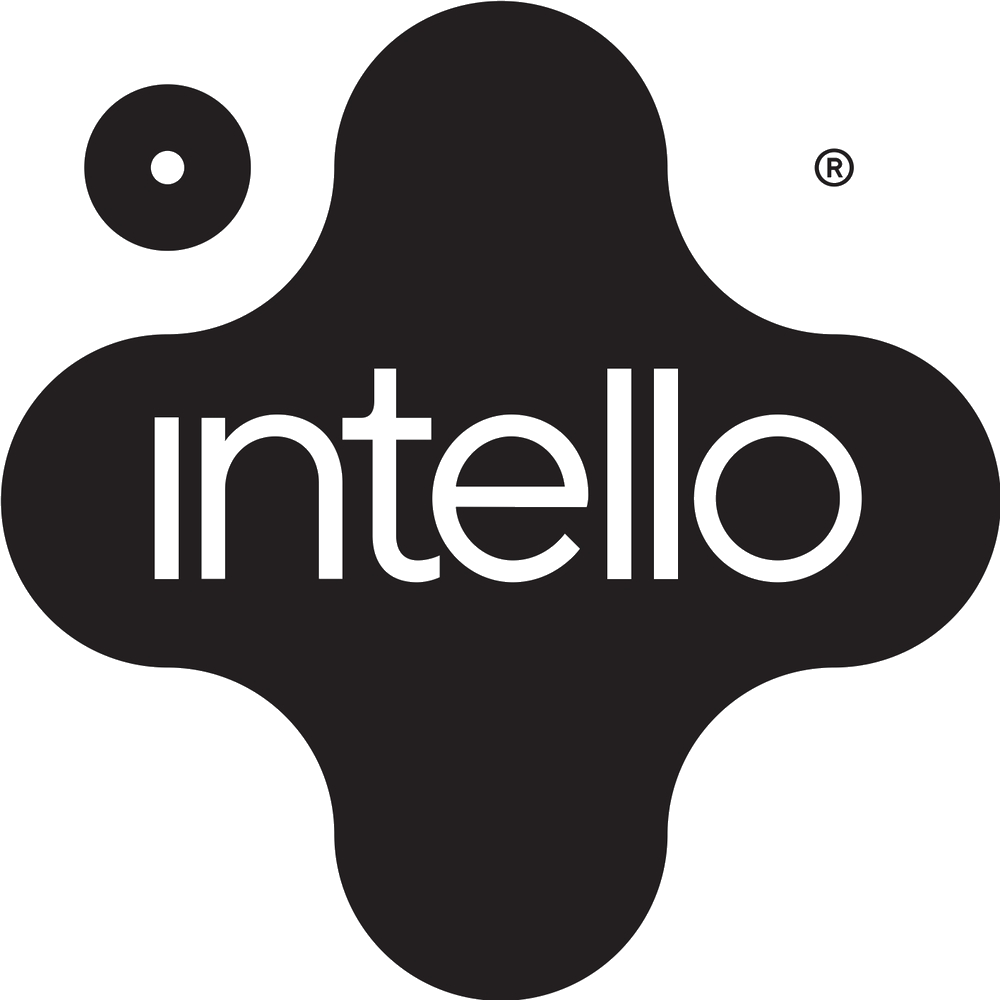We all recognise the need for a Will when we begin to plan for our future and the future of our loved ones. However, one crucial document is often overlooked, and that is the Enduring Power of Attorney (EPOA). Your Will doesn’t automatically cover your super unless you instruct it to do so. Further, what happens if you are incapacitated and not able to act either on a temporary or permanent basis? Neither your Death Benefit Nomination nor your Will covers this. Therefore, it is prudent to incorporate an Enduring Power of Attorney into your estate and succession plan.
What Is An Enduring Power Of Attorney (EPOA)?
An Enduring Power of Attorney is quite simply a legal agreement that enables you to appoint another person or people to make financial, personal/medical or property decisions on your behalf in the event you are unable to act. This appointment can be either on a temporary or permanent basis depending on the reason for the appointment.

Many people indicate that they have a Power of Attorney in place, which is fine if you have mental capacity. If in any event, you lose mental capacity the Power of Attorney ceases to operate. It’s therefore prudent you have an EPOA in place.
Losing capacity does not just happen to people as they are getting older. A loss of capacity can occur at any age and may be temporary or even permanent. If there is any doubt about whether a person has legal capacity, we recommend obtaining a written opinion from a qualified medical practitioner.
Who Can Be Appointed?
Your attorney can have enormous power over your financial and business affairs. Therefore, it is important that you appoint someone who you trust completely, and who can responsibly manage your affairs.
A spouse, adult child, relative or close friend can be the most logical choice when considering who you should appoint as an attorney. However, if you have an SMSF it is important to make sure that the person appointed as an attorney is not a disqualified person (as defined by the SIS Act 1993), as otherwise, they will not be able to act as trustee on your behalf.

It may be worthwhile appointing more than one attorney to allow for situations where an attorney cannot act on your behalf.
What Are The Duties And Responsibilities Of An Attorney?
An attorney has the responsibility to always act in your best interests and must act honestly and make responsible decisions. You can give your attorney the power to make any decision about your finances that you would make under usual circumstances. These can include paying bills, selling a property, accessing cash and making investments (eg. buying or selling shares). In addition to this, should your Enduring Power of Attorney act on your behalf as trustee of your SMSF, they will be subject to the same trustee responsibilities as you were.
An Enduring Power of Attorney must:
- Avoid conflicts between their interests and yours,
- Obey the instructions you make whilst mentally capable and any directions you make in the Enduring Power of Attorney document,
- Keep their finances separate from yours,
- Act according to the limits and conditions placed on their authority,
- Not provide benefits to themselves or others using your finances unless authorised to do so, and
- Keep accurate records of their dealings with your financial and business affairs.
An Enduring Power of Attorney can be revoked or suspended if they act improperly and abuse their position of trust.
When Should I Appoint An EPOA?
Like any important document, you should not wait until unforeseen circumstances force you to appoint an Enduring Power of Attorney. It can be very difficult to appoint someone to act on your behalf after you have had a serious accident or lost capacity, so it is essential to appoint an attorney when you are healthy, aware and in control.

You can nominate when you want the Enduring Power of Attorney to commence:
- either immediately OR
- only when you have lost capacity and are incapable of making decisions.
Each State has different legislation to deal with the appointment of powers of attorney and this must be followed. For example, some states will require registration of your Enduring Power of Attorney document.
The authority must be drafted with express authority to act on behalf of your superannuation affairs. It is important to make sure the Enduring Power of Attorney does not have an exclusion clause related to superannuation and/or financial affairs as this will not constitute valid authority for your SMSF.
It is important to note that for an SMSF trustee/director of a corporate trustee with an Enduring Power of Attorney, the appointment as replacement trustee when capacity is lost, is not automatic. The trustee/director of the corporate trustee needs to be removed and the attorney appointed in their place under the legislation, trust deed and company constitution (if relevant). The attorney must be appointed to the SMSF within 6 months of the incapacity. Any appointment must be accompanied by a Consent to Act and an ATO Trustee Declaration form. The appointment can be temporary until the individual can act again or may be permanent depending on the loss of capacity. The attorney who takes on this responsibility will have the same powers as the original trustee/director of the corporate trustee.
When Does An EPOA End?
An Enduring Power of Attorney ends when one of the following occurs:
- You revoke the power while you have legal capacity
- You make a new Enduring Power of Attorney document with a later date
- You pass away.
Having a valid Enduring Power of Attorney document and having the attorney appointed under the legislation, trust deed and company constitution (if relevant) when capacity is lost is vital to the SMSF’s compliance. As always proper planning will mitigate the risks of not meeting the SMSF’s legal requirements and reduce the burden on family members at a potentially difficult time. We recommend members seek appropriate estate planning advice and put arrangements in place.
What Happens If I Don’t Have An EPOA Nominated?
If something happens to you and you don’t have an EPOA (depending on which state you reside in), there can be dire consequences for the fund.
For example, if you reside in NSW an application would need to be made by your next of kin to the NSW Civil and Administrative Tribunal to obtain an order to enable your SMSF assets to be dealt with.
The superannuation legislation allows up to six months for the fund to operate without a trustee or with only one trustee but after this time, if the situation is not rectified, an audit contravention may be reported to the ATO. Not only can this exercise after the fact be expensive from a request point of view but quite often it will take longer than 6 months for the court order to be handed down. If an audit contravention is lodged then this also puts the fund assets at risk and severe penalties can be levied.
In conclusion, integrating an Enduring Power of Attorney into your estate plan and SMSF management is essential for effective decision-making and asset protection. By understanding the role and importance of EPOA, you can ensure seamless continuity and mitigate risks during unforeseen circumstances. For personalized guidance on appointing an attorney and incorporating EPOA into your estate plan, seek professional advice to safeguard your interests and ensure compliance. Proper planning today can alleviate future challenges and provide peace of mind for you and your loved ones.
If you would like to discuss whether your EPOA will take into account your SMSF operations or if you would like us to arrange one to be prepared on your behalf please contact us today at 1300 362 943 or admin@intello.com.au.

